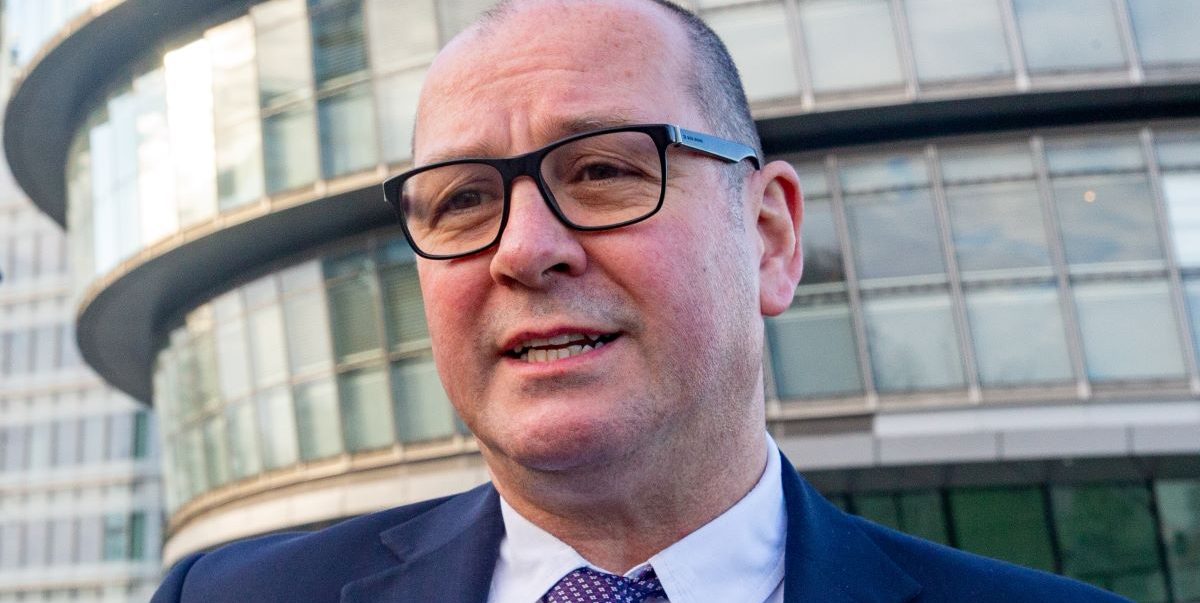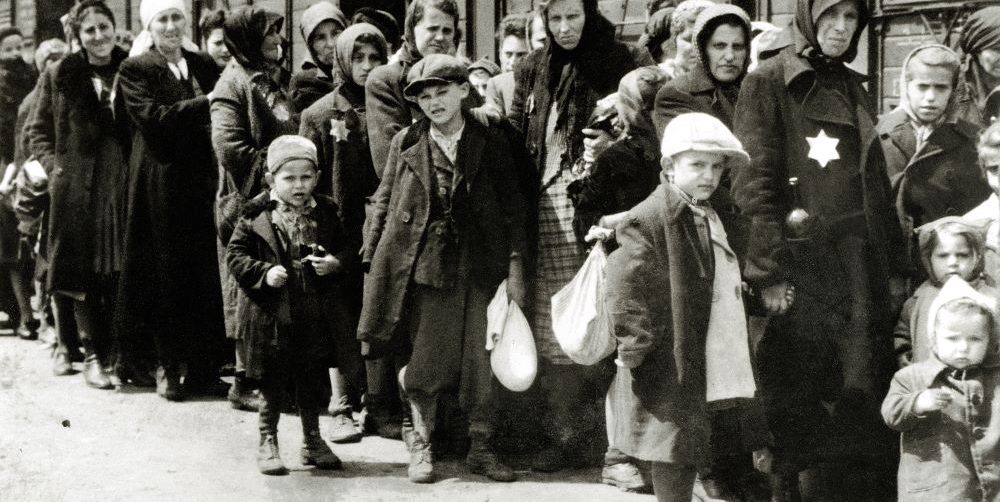“We never talked about it”
Today, International Holocaust Memorial day, marks the day when, 70 years ago, the survivors of the most destructive of Nazi concentration camps, Auschwitz, were finally liberated.
It is estimated that 1.1m people were mercilessly murdered at Auschwitz, many in killing chambers where hundreds at a time were gassed to death. Others died from disease and starvation, after being kept in unspeakable conditions – they hardly slept, hardly ate and were routinely beaten and tortured for the smallest perceived infraction, or often for no reason at all.
Although today is a day to commemorate the horrors of the Holocaust, with news media across the world recounting the unspeakable, Unite member Hannah Cropper, one degree removed from Auschwitz, knows only silence.
“Some survivors talk about it and some don’t – our family never did,” said Cropper, whose father survived Auschwitz and mother survived Bergen Belsen. All of her mother’s five brothers perished, while her father’s youngest brother met the same fate.
Silence
But the silence in which her family’s history was shrouded didn’t mean that Cropper wasn’t haunted by the worst atrocity in human civilisation. Much the opposite.
“It was something that always lingered in the background constantly when I was growing up, years and years after the war was over,” she explained. “The anxiety, the fear, the desperate need for quiet. It didn’t happen all the time, but my mother and father would sometimes go into a trance-like state, as if they were shutting the world out.
“My mother always had to know where we were at any given moment,” she added. “We siblings knew we had to be quiet. We never had friends around at the house. These were all unspoken rules, but we just thought they were normal. It’s just how we grew up.”
The memory of the Holocaust has thus been transmitted to Cropper as a ghostly presence, always lurking beneath the surface – an unsettling, unshakeable feeling that breaks through without warning.
“There has of course been hundreds of documentaries with footage of the Holocaust,” she said. “But I can’t watch more than a few minutes.”
Still, the silence of some survivors Cropper believes must be transmuted for others into debate and discussion.
Remember
“It is absolutely vital that everyone remembers the Holocaust – that we keep on talking about it,” she said. “Yes, my parents were Jewish, but what many people don’t realise is that it wasn’t just Jewish people who were annihilated by the millions. It was also the Roma, people with mental disabilities and with physical disabilities, LGBT people – anyone who didn’t fit the Nazis inhuman version of their ideal.
“One thing my father ingrained in me since I was young is that every human has equal worth,” Cropper added. “He always said, â€It doesn’t matter who you are, where you come from, what you believe, God made everyone the same inside.’
“If there’s anything to be learned from the horrors of the Holocaust, it’s that each human life is of unequivocal and illimitable value. Equality has become the ethos, the founding premise, on which I operate.
Hannah Cropper, now a retired local government worker for Manchester council, said she was thrilled when Unite first set up an equalities section, in which she took an active role since its inception.
But no matter how far we’ve come in respecting the equal worth of all humanity, Cropper believes we still haven’t completely learned the lessons of the past.
“What happened at Auschwitz and other concentration camps is unspeakably horrific, but even afterwards, history repeats itself – what’s happening now in Syria, in Africa, what happened in Bosnia, in all parts of the world.”
Worries
Cropper says she worries about right-wing parties such as Ukip, who play on people’s fears – a political tactic that enabled the Nazi party to win so much support.
“Movements like Ukip, the BNP and other xenophobic parties throughout Europe don’t simply worry me – they terrify me. These parties are the product of a very selfish and insular society. It’s as soon as we become a society of â€me, me, me’ that we have to worry.”
Cropper went on to say that to remember the Holocaust is to always be on guard against what could still very well happen again – a sentiment expressed today by columnist Hugo Rifkind:
“This is the point of remembering the Holocaust. It’s not an act of honour for those who died, or an act of defiance against those who killed them. That’s too easy. Rather, it is like the coin carried by an alcoholic, to remind him not to drink. To remember is to remain aware that we, as humans, balance on the very lip of the unspeakable; always far closer to toppling than we might wish to admit. All of us, everywhere, all the time.”
Unite acting BAEM national officer Sulinder Singh likewise argues that Holocast remembrances are critical.
“Unite fully supports Holocaust Memorial Day,” he said. “This year marks two important anniversaries – the 70th anniversary of the liberation of Auschwitz-Birkenau and the 20th anniversary of the Genocide in Srebrenica, Bosnia.”
“It is vital that we reflect on these memories of genocide while the survivors are still with us in order to leave a legacy for future generations, learn the lessons of their experiences and to challenge hatred and discrimination in the UK today.”
See HMD’s factsheet here for commemorating this important day in the workplace.
 Like
Like Follow
Follow


